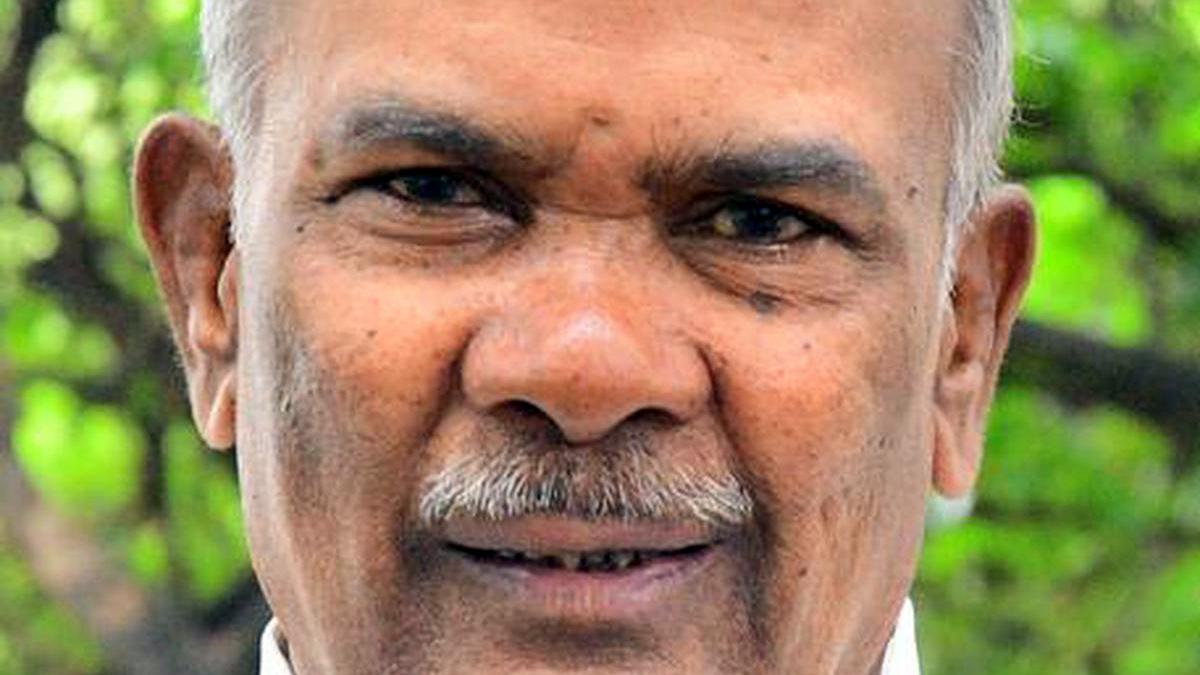
In 2021, Appavu, P. Wilson demanded setting of time limit for Governors to give assent to Bills
The Hindu
Supreme Court sets time limits for Governors to act on Bills, addressing delays and protecting legislative authority.
Chennai
In a historic move on Tuesday, the Supreme Court fixed maximum time limits of one to three months for Governors to take a call on Bills. Interestingly as early as in 2021, Tamil Nadu Assembly Speaker M. Appavu and DMK Rajya Sabha Member P. Wilson had raised this demand to put an end to Governors indefinitely sitting on legislations passed by the House.
Participating in the 82nd All India Presiding Officers Conference in Shimla in November 2021, Mr. Appavu had cited Governors sitting on the Bills passed by the Assembly and called for setting a binding time frame for the Constitutional Head of State to decide on any Bill.
“When a Bill is passed by the majority and sent for assent, the Governors sometimes sit on it without giving his assent or returning the Bill for an indefinite period, even though the Constitution requires it to be done as soon as possible,” the Speaker had pointed out. “Even when a Bill is required to be reserved for the consideration of the President, Governors are taking months together, thereby eroding the authority of the legislatures,” he had said.
“The Governors, though heads of the State Executive, are appointed by the Union government. Therefore, when they stall giving assent to a Bill, they are virtually overruling the will of the people of the State. We have to work together to set a binding time frame within which Bills have to be assented to, returned or reserved for the consideration of the President by the Governors,” he added.
In December that year, Mr. Wilson had taken up this demand in the Rajya Sabha. He had called for amending the Constitution to fix time limits for Governors to act on Bills. Mr. Wilson, a senior advocate who had a key role in the case filed before the Supreme Court by the Tamil Nadu government, had argued in the Upper House that it should be inferred that the Constitution places a “fiduciary duty” on the Governor “to act within a reasonable time frame.”
Contending that undue delay by constitutional functionaries in discharging their duties is ex-facie unconstitutional, he had pointed out, “The Governor ultimately owes a responsibility to the people on whose behalf and for whose welfare, the Legislatures, which carry the people’s mandate, enact laws.”

It is not often that an election in the Thiruvananthapuram Corporation makes much news outside Kerala or even the capital. But the elections in 2020 were different as it culminated in the Communist Party of India (Marxist) [CPI(M)]’s Arya Rajendran becoming the youngest Mayor of the Corporation at the age of 21, an event which got attention far and wide. Now, five years later, an old tweet on that election by another young person in the running to be the Mayor of New York has gone viral.





















 Run 3 Space | Play Space Running Game
Run 3 Space | Play Space Running Game Traffic Jam 3D | Online Racing Game
Traffic Jam 3D | Online Racing Game Duck Hunt | Play Old Classic Game
Duck Hunt | Play Old Classic Game










